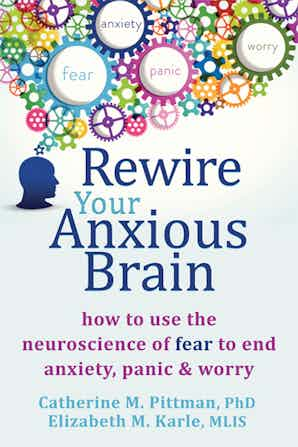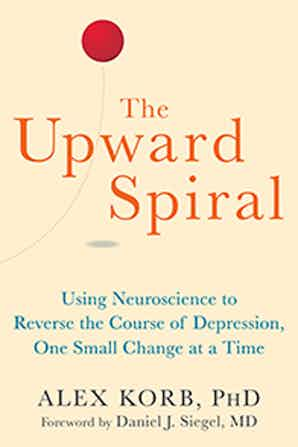VIDEO
How Psychedelics Work: Fire the Conductor, Let the Orchestra Play | Michael Pollan | Big Think
If your ego had a "location" in the brain, it would be the default mode network, where much of your self-critical mind chatter happens. Taking psychedelics down-regulates this brain network. See more...
05:24 min











